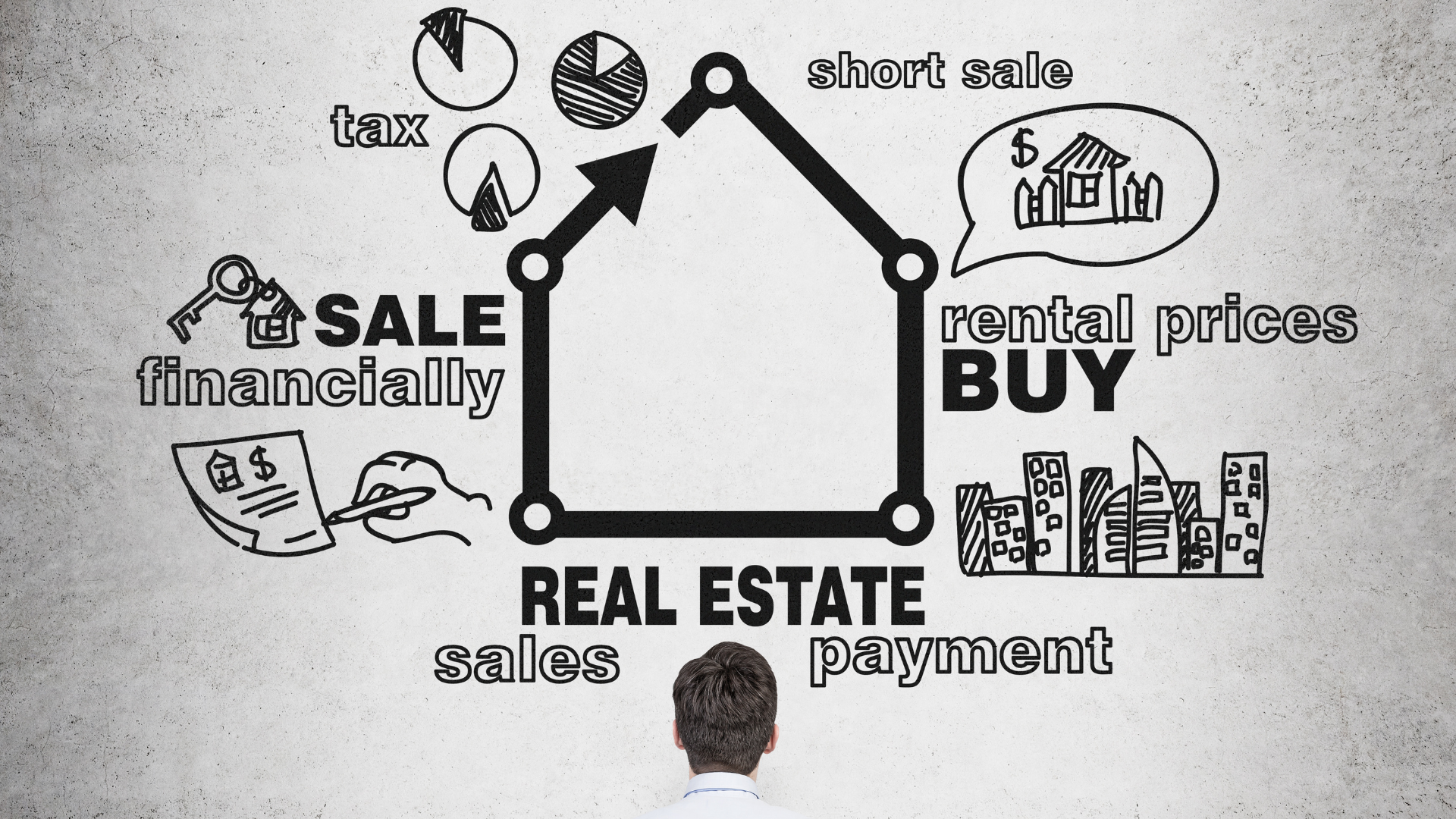Overview Of The Real Estate Market
It’s no secret that the real estate market has been on a roller coaster ride over the past few years. Prices have skyrocketed in some areas, while other markets have seen a more moderate increase. Despite the volatility, there are still plenty of great deals to be found if you know where to look. Here are a few tips for identifying a good price on a piece of real estate:
- Do your homework. Before you start shopping for a new home or investment property, it’s important to do your research and understand the current market conditions in your area. This will help you determine what prices are reasonable and which ones are too high.
- Pay attention to trends. Keeping tabs on local market trends will also help you spot a good deal. If prices in your area have been steadily increasing, then you may be able to find a bargain by looking at properties that have been on the market for a while.
- Compare prices. Once you’ve zeroed in on a few potential properties, it’s time to start comparing prices. This can be done by looking at recent sales data or using an online pricing tool.
- Negotiate! Don’t be afraid to negotiate with the seller to get the best possible price on the property. Remember, they want to sell their property just as much as you want to buy it!
Analyzing Rental Prices And Investment Potential
When it comes to real estate, there are a lot of factors that come into play when trying to determine whether or not a property is a good deal. One of the most important things to look at is the price of the rental unit and the potential for return on investment. By analyzing these two key factors, you can get a better idea as to whether or not a particular property is worth investing in.
The first thing you need to do is look at the current rental prices in the area. This will give you an idea as to what people are willing to pay for a unit in the area. You can use this information to compare against the asking price of the property you’re interested in. If the rental prices are significantly lower than the asking price, then it’s likely that the property is overpriced and may not be worth investing in.
The second thing you need to look at is the potential for return on investment. This takes into account things like future appreciation, rental income potential, and any other factors that could impact how much money you could make by investing in a particular property. If the numbers don’t add up in your favor, then it’s probably not worth investing in that particular property.
By taking the time to analyze both rental prices and investment potential, you can get a better idea as to whether or not a particular property is worth investing in. With this information in hand, you’ll be able to make smarter decisions when it comes time to invest.
Financing Options
There are a number of financing options available to potential homebuyers. Some buyers may opt for a traditional mortgage, while others may explore more creative financing options such as owner financing or lease-to-own agreements.
When considering a particular property, it’s important to evaluate all of your financing options and compare interest rates, terms, and conditions. You’ll also want to consider your own financial situation and goals to determine which type of loan makes the most sense for you.
If you’re looking for a low-interest loan with flexible repayment terms, a traditional mortgage may be the best option. However, if you have less-than-perfect credit or a limited budget, you may need to look into alternative financing options.
Owner financing is one option that can help make homeownership more accessible. With this type of arrangement, the seller agrees to finance the purchase of the property themselves. This can be a great option if you can’t qualify for a traditional mortgage or if you want to avoid paying private mortgage insurance (PMI).
Lease-to-own agreements are another alternative financing option. These agreements allow you to lease a property for a set period of time with the option to purchase it at the end of the lease term. This can be a good way to get your foot in the door if you eventually want to purchase the property but need some time to save up for a down payment.
With these tips, you should now have a better understanding of how to identify a good real estate deal. Remember that it takes time and patience to find the right property at the right price, so don’t be afraid to take your time when looking for deals. Consider all angles before making any decisions, and do your research to ensure that you are getting the best possible deal on any potential investment property. Good luck in finding the perfect real estate deal!

